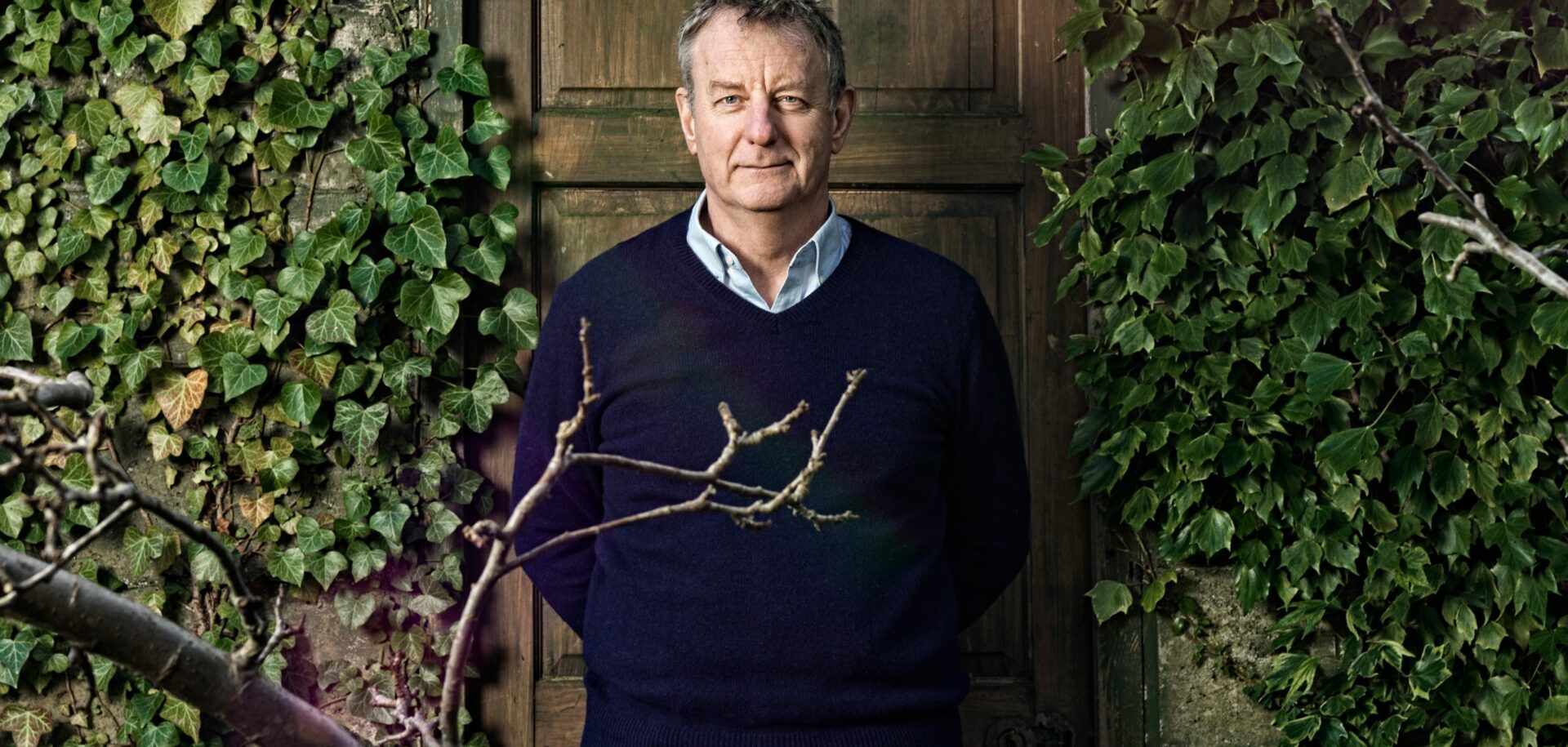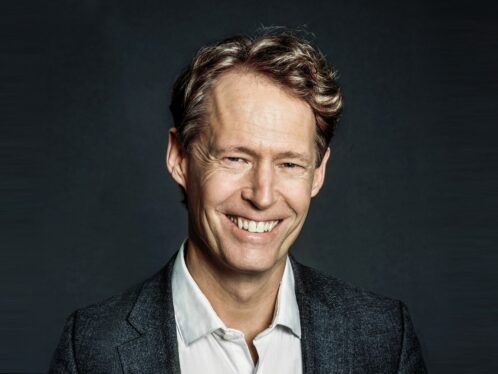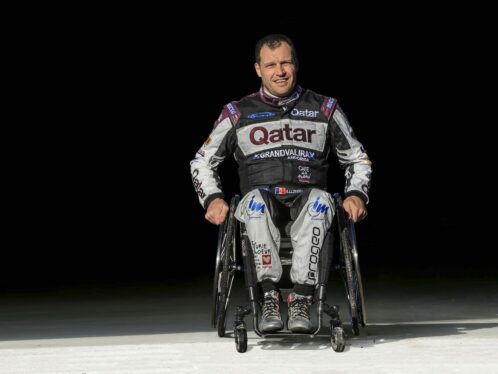
Keep on the sunny side
Jeremy Leggett, a leading solar energy entrepreneur and climate change expert, is cautiously optimistic about the future of humanity.
Englishman Jeremy Leggett is one of the world’s foremost experts on renewable energy, energy policies and climate change. Described by the Observer newspaper as “Britain’s most respected green energy boss”, Leggett is the founder of solar energy company Solarcentury and the charity SolarAid, which works to create a sustainable market for solar lights in Africa.
He writes regularly for the Guardian and the Financial Times on climate change, and he has written several books on the subject. He is also the chairman of Carbon Tracker, a financial-sector think tank that focuses on enabling a climate-secure energy market.
But it hasn’t always been this way. “For 15 years I was a creature of the oil and gas industry,” says Leggett. “I was taking money from organizations like BP and Shell to fund my research, while a member of the academic staff at the Royal School of Mines at Imperial College of Science and Technology in London, training the industry’s new recruits.
“Then I saw the light,” he says, “switching to environmental activism before becoming a social entrepreneur.” The dramatic shift in his career was driven by the realization, when he was doing research for the oil industry, that global warming was a serious problem.
Solarcentury was founded in 1998 and is now one of the world’s most respected solar companies. Its 140-strong staff help develop and build solar farms, solar rooftops and solar bridges for large and small customers around the world.
Solarcentury began life as a nonprofit organization, but Leggett says he soon saw that creating a commercial success story out of a renewable energy company could act as an example to others.
“Making money is an important factor in driving change,” he says. “But there are other factors, such as how companies are run. Are they ethical? Is the staff happy?”
Solarcentury donates 5 percent of its profits to SolarAid. “More companies and individual entrepreneurs could and should do that,” Leggett says. “You don’t miss 5 percent of your profits. In fact, it adds to the value of your company. Staff at Solar-century volunteer with SolarAid – they care – and this relationship buys loyalty from our staff that’s worth more than 5 percent of the profit margin. We have a model that makes sense commercially and makes sense in terms of social mission and purpose.”
Leggett says he’s been driven by the inaction towards doing anything about fossil fuel dependency. “It seems like a civil war to me, and in civil wars people fight with passion. The idea that we have to be dependent on fossil fuels and that there is no escape from that dependency, which we know is going to wreck the future, is ludicrous.”
But Leggett is now cautiously optimistic about the future. Today, his company is run by colleagues so that he can focus on keeping up with what is going on in the world of sustainability, to inform his work as a writer and commentator. “I want to be able to spot opportunities to accelerate change and to explain the issues to people who are too busy with their day jobs to be involved themselves, but are eager to hear,” he says.
This role took him to Paris for the United Nations Climate Change Conference held at the end of 2015. “I have been working on these issues for a quarter of a century,” Leggett says. “For most of that time I have been feeling gloomy. But things came together in Paris. I think it was the most momentous event in human history. A critical mass of governments reached agreements based on the fact that they know we are in trouble.”
Leggett says the implications of the Paris agreements are very significant for the energy industry. “The costs are going to keep coming down for the clean energy family, and we are going to become more and more attractive, with solar power forming the backbone of the future,” he says. “And the problems are going to get worse for the oil and gas incumbency. Their days are numbered. And it is going to go much faster than anyone has previously imagined. So there is more than enough reason to be cautiously optimistic.”
Jeremy Leggett’s latest book, The Winning of the Carbon War, is available for purchase now. All profits go to SolarAid. It is also available as a free download. www.jeremyleggett.net/latestbook
The Gothenburg Award for Sustainable Development
The 2015 prize in the area of solar energy was awarded to Jeremy Leggett, and the prize in the field of energy efficiency was awarded to Peter Hennicke and Beate Weber-Schuerholz.
One million Swedish kronor (110,000 euros) prize awarded annually to people or organizations for outstanding performance and achievements towards a sustainable future.
Administered and funded by the City of Gothenburg, Västra Götaland Region and 11 companies, including SKF.
2015 theme: The Energy Transition – Solar Energy and Energy Efficiency.
Previous winners include, among others, Kofi Annan and Al Gore.
Leggett: “It’s incredible to me that I won this award when you consider who the predecessors are – a cast of characters that are heroes and heroines of mine. Although it’s actually the staff at Solarcentury and SolarAid that have won the award.”




